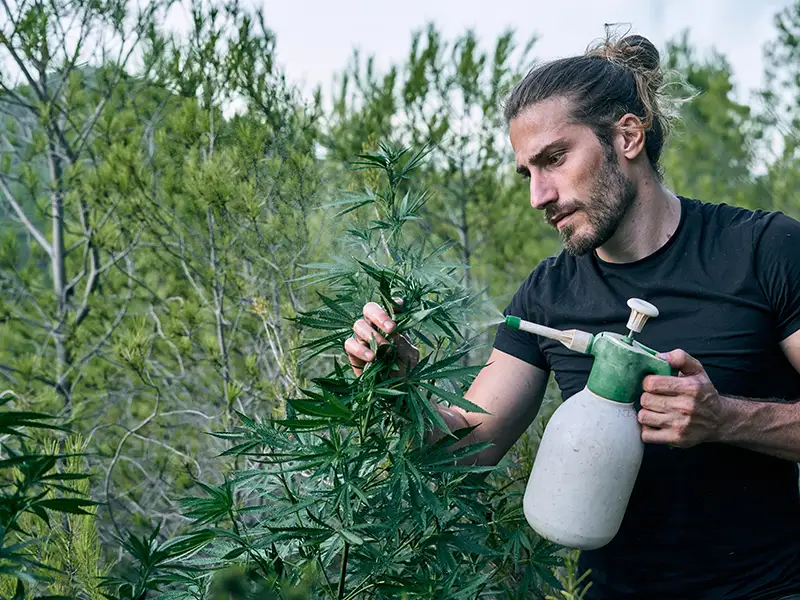Sustainability in Cannabis: Meeting Consumer Demand for Eco-Friendly Practices
Introduction:
The cannabis industry is going green—literally and figuratively. With rising environmental awareness, sustainable cannabis has become a key concern for consumers and businesses alike. Today’s cannabis users don’t just want quality—they want eco-responsibility.
Why Sustainability Matters in Cannabis
Cannabis cultivation, especially indoors, can be energy-intensive. It involves:
- High electricity use for lighting and HVAC systems
- Excessive water consumption
- Chemical-based pest control
- Non-recyclable packaging
As more states legalize cannabis, these issues scale. Sustainability is no longer optional—it’s essential for long-term industry health.
Sustainable Cultivation Practices
Leading cannabis companies are turning to eco-conscious growing techniques, such as:
- Regenerative agriculture to preserve soil health
- LED grow lights for energy efficiency
- Closed-loop water systems to recycle irrigation
- Organic pest management that avoids harsh chemicals
These practices not only reduce environmental harm—they often improve terpene profiles and plant quality.
Rethinking Packaging in Cannabis
Sustainable cannabis isn’t just about how it’s grown—it’s about how it’s packaged and sold. Traditional plastic containers are being replaced with:
- Biodegradable jars and bags
- Recyclable tins and glass
- Minimalist, no-ink labeling
Some brands even offer refill stations for flower and concentrates, cutting down on waste entirely.
Consumer Demand Drives Change
According to surveys by Headset and New Frontier Data, nearly 70% of cannabis consumers say sustainability impacts their purchasing decisions. They’re more likely to support dispensaries and brands that:
- Share sustainability metrics
- Provide transparent sourcing information
- Offer eco-friendly alternatives
For dispensaries like Pegasus Michigan, aligning with this demand builds brand loyalty and community trust.
Real-World Examples of Eco-Friendly Cannabis Brands
- Flow Kana (California): Works exclusively with small-scale sun-grown farmers.
- 1906 (Colorado): Focuses on recyclable packaging and sustainable sourcing.
- Canndescent: Solar-powered facilities with a zero-waste goal.
Pegasus Michigan can take inspiration from these models while highlighting local initiatives—like reduced plastic use or supporting green suppliers.
How Dispensaries Can Embrace Sustainability
Implementing sustainable cannabis practices doesn’t require massive overhauls. Start with:
- Switching to eco-friendly packaging
- Partnering with green-certified growers
- Offering recycling stations for used containers
- Educating customers on green choices
Even small actions signal a strong commitment to change.
Conclusion
The future of cannabis is sustainable. From eco-friendly cultivation to mindful packaging, the industry is evolving to meet consumer expectations—and environmental responsibility. Pegasus Michigan is proud to be part of that shift, offering quality products that are good for both people and the planet.




